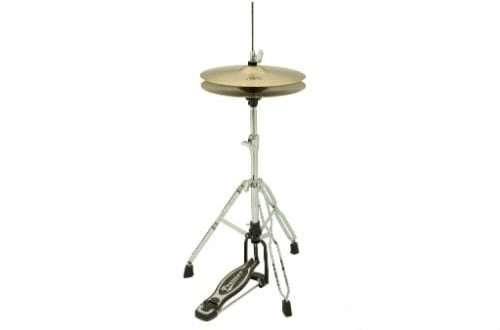
Performance – subtleties and nuances
 Music is an amazing, subtle world of human feelings, thoughts, experiences. A world that has been attracting millions of listeners to concert halls for centuries, inspiring composers and performers.
Music is an amazing, subtle world of human feelings, thoughts, experiences. A world that has been attracting millions of listeners to concert halls for centuries, inspiring composers and performers.
The mystery of music is that we enthusiastically listen to sounds written by the hand of the composer, but presented to us by the handiwork of the performer. The magic of performing a musical work has been popular for centuries.
The number of people wishing to learn to play an instrument, sing, or compose is still not decreasing. There are clubs, specialized music schools, music academies, art schools and clubs… And they all teach one thing – to perform.
What is the magic of performance?
Performance is not a mechanical translation of musical symbols (notes) into sounds and not a reproduction, a copy of an already existing masterpiece. Music is a rich world with its own language. Language that carries hidden information:
- in musical notation (pitch and rhythm);
- in dynamic nuances;
- in melismatics;
- in strokes;
- in pedaling, etc.
Sometimes music is compared to science. Naturally, in order to perform a piece, one must master the concepts of music theory. However, translating musical notation into real music is a sacred, creative art that cannot be measured or calculated.
The interpreter’s skill is demonstrated by:
- in competent perception of the musical text written by the composer;
- in conveying musical content to the listener.
For a performing musician, notes are a code, information that allows one to penetrate and unravel the composer’s intention, the composer’s style, the image of the music, the logic of the structure of the form, etc.
Surprisingly, you can create any interpretation only once. Each new performance will be different from the previous one. Well, isn’t it magic?
I can play, but I can’t perform!
It is natural that, as many brilliant performances as there are, there are also mediocre ones. Many performers have never been able to comprehend the magic of musical sounds. After studying at a music school, they closed the door to the music world forever.
Will help you understand the subtleties and nuances of performance TALENT, KNOWLEDGE AND DILIGENCE. In the trinity of these concepts, it is important not to overshadow the composer’s intention with your execution.
Interpreting music is a delicate process where it is not how YOU play Bach that matters, but HOW you play Bach.
When it comes to performance training, there is no need to “open the wheel.” The scheme is simple:
- study the history of musical art;
- master musical literacy;
- improve performing techniques and techniques;
- listen to music and attend concerts, compare interpretations of different artists and find what is close to you;
- gain insight into the style of composers, study the biographies and artistic themes that inspire the masters who create music;
- When working on a play, try to answer the question: “What motivated the composer when creating this or that masterpiece?”;
- learn from others, attend master classes, seminars, lessons from different teachers;
- try composing yourself;
- improve yourself in everything!
Performance is an expressive disclosure of the content of music, and what this content will be depends only on you! We wish you creative success!





